Etiquette doesn’t have to be complicated. Good etiquette is all about making people feel comfortable and helping you navigate any situation smoothly. At The British School of Excellence, we like to compare the rules of etiquette to the traffic lights of human interaction. They guide us through tricky encounters and stop us from crashing into one another (metaphorically speaking of course!).
Why is etiquette important?
Etiquette is important because it establishes a set of social norms and expectations that help individuals interact with each other in a respectful, considerate, and appropriate manner.
Etiquette provides a framework for courteous and respectful behaviour, which can help prevent misunderstandings, conflicts, and social awkwardness. It also creates a sense of decorum and professionalism in social and professional settings.
Having good etiquette shows respect for others and their cultures, values, and beliefs. By being mindful of others’ feelings, beliefs, and expectations, we can create more positive and harmonious relationships.
Here are 10 etiquette rules that everyone should master:
1. Use proper greetings
Always greet people with a smile and a hello. If you’re not sure what to say, a simple “Hello, how are you?” will suffice. When meeting someone for the first time, it is also important to introduce yourself and make eye contact while shaking hands.
2. Say “please” and “thank you”
These are basic manners that show gratitude and respect. Always say “please” when making a request and “thank you” when receiving help from others.
3. Practice good table manners
This includes using utensils properly, keeping your elbows off the table, and chewing with your mouth closed. Also, wait until everyone is served before starting to eat.
4. Be mindful of your language
Avoid using foul language, especially in public places or around children. Use polite and respectful language at all times.
5. Respect personal space
Don’t stand too close to people, and always ask before touching someone. Be aware of your surroundings and respect people’s privacy.
6. Dress appropriately
Dress appropriately for the occasion and location, taking into account the dress code and cultural norms. If you are unsure of the dress code, remember that is always better to be slightly over-dressed than under-dressed.
Take care of your personal hygiene, including bathing regularly, brushing your teeth, and wearing clean clothes.
7. Be a good listener
Pay attention to what people are saying and show interest in their opinions. Avoid interrupting or dominating the conversation. Also, be respectful and considerate of other people’s opinions.
8. Put your phone away
Avoid using your phone or other electronic devices when in the presence of others, especially during a conversation or meeting.
9. Practice good communication
Be clear and concise when communicating with others. Avoid using slang or jargon that may be unfamiliar to the other person. Be mindful of your non-verbal communication, such as body language, as it can convey a lot of information about your intentions and emotions
10. Be punctual
Show respect for other people’s time by being punctual for appointments and meetings. If you’re running late, let the other person know as soon as possible.
In Conclusion
Remember that etiquette is about showing respect for others and making them feel comfortable, so always try to be polite and considerate in your interactions with others.











12 Comments
This was very helpful
😍😍😍😍😍
🇾🇹👌👌
How can etiquette be used in online meetings
Very helpful
I appreciate,,, from Goliath Mtiz
Thank you good advice for communicating things to you need to get done God life lesson Yvette Downey things to remember
wow, this has brought back my school days when etiquette was key in everything I did as a student when interacting with my fellow students and teachers.
VERY HELPFUL
Wonderful information. I did notice one thing was left out of the list. If you find fault with or do not like any of the food served, DO NOT make it known at the table in front of everyone. Practice mindful and respectful conversation about food prepared for you.
I have a question… I served my fiancé a plate with a tuna fish sandwich made with love. And choir on the side. I have the gift of hospitality and I love it. I had the same for lunch while sitting next to him watching TV. We were both finished lunch… I noticed he put his dis on mine. It really bothers me… like I was supposed to pick them up and take them into the kitchen. I would never, ever put May dish on top of my company… I thought it was rude. I am being over sensitive?
Thanks a lot for these, very helpful ☺️